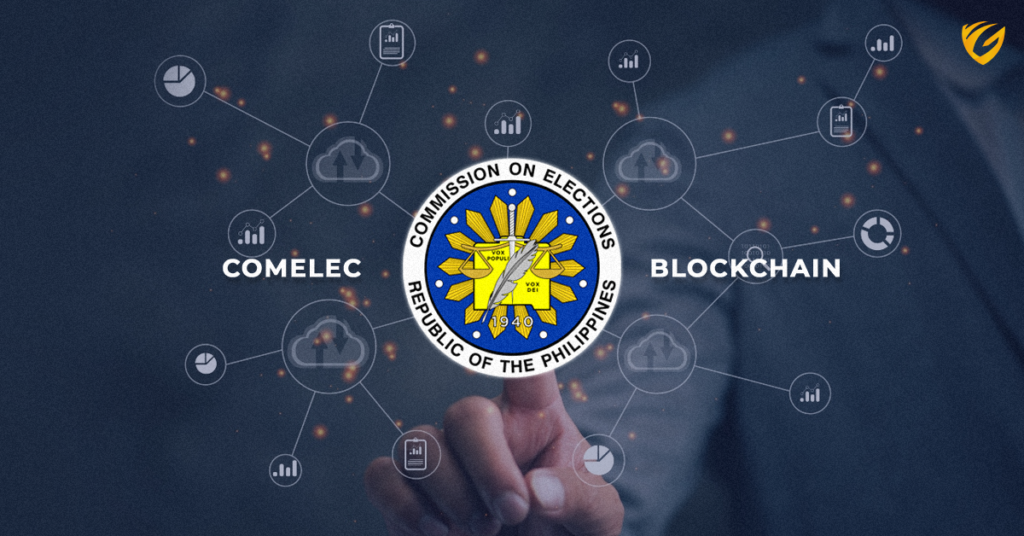Comelec Explores Blockchain Use Cases for Automated Elections
By James Pebenito • March 10, 2023
Comelec Explores Blockchain Use Cases for Automated Elections
Recently, the Philippines’ Commission on Elections (Comelec) organized a workshop to study the potential of blockchain technology for automated elections. The administration has taken this step in an effort to modernize and strengthen the nation’s electoral process.

In the Philippines, the Commission on Elections (Comelec) is an independent constitutional organization charged with the administration of national and local elections. The organization is responsible for ensuring free, fair, and honest elections throughout the nation.
The Significance of Computerized Elections
Globally, automated elections are gaining popularity as a means of enhancing the efficiency and precision of the voting process. Using technology, automated elections expedite the voting procedure, eliminate human error, and promote transparency.
Blockchain Technology’s Potential for Automatic Elections
Blockchain technology has multiple potential applications for automated elections. The technology can provide a secure and transparent method for storing and transmitting voting data, thereby improving the accuracy and dependability of the electoral process.
In addition to offering a safe and transparent method for storing and transmitting voting data, blockchain technology can prevent election fraud. With a decentralized system that is not controlled by a single entity, blockchain technology can aid in protecting the electoral process’s integrity.
Using Blockchain in Automatic Elections: Obstacles
Although the potential benefits of employing blockchain technology in automated elections are substantial, there are also a number of obstacles that must be overcome. One of the most significant obstacles is the requirement for a safe and dependable system capable of managing the massive amounts of data generated throughout the election process.
Ensuring that the technology is accessible and user-friendly for all voters is a further obstacle. This involves ensuring that the voting process is accessible and user-friendly for voters with impairments or restricted technology access.
The Future of Electronic Voting in the Philippines
As the government attempts to modernize and improve the election process in the Philippines, it is anticipated that automated elections and blockchain technology will play an increasingly crucial role. There are still obstacles to overcome, but the potential benefits of adopting blockchain technology in automated elections are substantial, and the technology is expected to be implemented more broadly in the coming years.
The recent Comelec session examining the use of blockchain technology in automated elections demonstrates the government’s dedication to updating and enhancing the electoral process in the Philippines. Even if there are challenges to integrating blockchain technology in automated elections, the potential benefits are substantial, and the technology is projected to play an increasingly crucial part in the future of the country’s election process.



